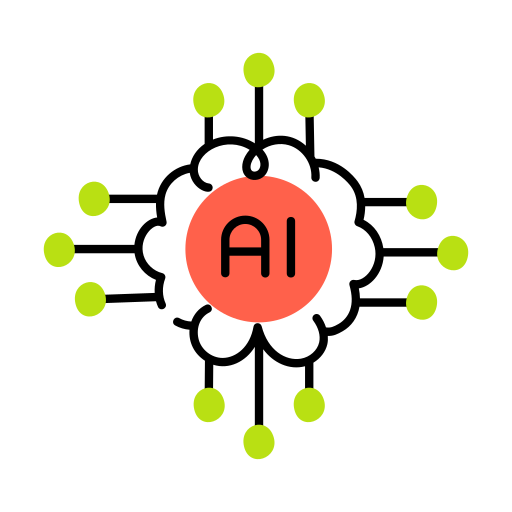Cloud Computing Trends to Watch in 2024

Cloud computing has become one of the most significant factors in the past several years and it has dictated the nature of the business and its operation for many organizations. In the year 2024, some trends look into the future of cloud computing. In this blog, we are to discuss these trends and how they affect organisations and also IT technicians.
- Edge Computing:
The best and one of the most popular trends within cloud computing systems is edge computing. Originally, data is transferred to some large computing centres for processing, but edge computing performs calculations closer to data origin. This cuts down latency and optimizes throughput, which is mandatory for self-driving cars, smart city systems, and IoT gadgets. Hence, edge computing is most useful in circumstances where real-time data handling is required. For instance, in smart cities, various sensors capture a large amount of data, which must be analyzed as soon as possible to make decisions immediately, for example, to change the light signal or monitor the air quality. - Hybrid and Multi-Cloud Strategies:
To maximise the virtues of each cloud provider, different companies are embracing the use of multi-cloud and hybrid cloud solutions. Hybrid cloud on the other hand comprises both private and public cloud and the internal infrastructure to provide more control on the data and application. Multi-cloud approaches imply the usage of more than one cloud solution from different suppliers to eliminate dependence on a particular supplier and achieve better results. The implication is the ability of the strategies to support the choice of the right cloud services for a given business. For instance, a company may have its AI and machine learning applications hosted and run on one cloud services provider while its storage information is hosted on another cloud services provider. - Background of AI and Machine Learning Integration:
AI and ML can be as essential as computation and storage now that they are becoming essential elements in cloud computing. Cloud providers are beginning to offer branding services or to build AI and ML services that enable businesses to create intelligent apps with little internal IT knowledge. These services include ready creates for natural language processing and image recognition and development platforms for custom models. AI and ML can help in making grids more efficient, have a positive impact on cloud scalability and can help in cloud computing’s ability to meet consumer needs in terms of storage of sizable volumes of data. For instance, they can enhance security since the CMS venue system recognizes abnormal and likely risks in real-time. - Serverless Computing – For Sustainable Human Development:
Serverless computing is on the rise, to create and host applications, with no need for the underlying server. In serverless computing, cloud providers automate the process of provisioning and distribution of resources and the businesses pay per instance. Thus, it enhances the ease of building applications as well as the reduction of operating expenses. Developers use serverless to ensure more of their time is spent on writing code without worrying about servers. This speeds up the development process and it also makes it relatively easier to scale up applications. Serverless Technologies should be suited for applications with intermittent traffic, such as the e-commerce site during the holiday season, or the social media app during some trends, cascade effects, and the like. - Enhanced Security and Compliance:
In today’s world of cloud computing, the field is expanding, and lawful issues along with security issues also arise. Thus, there is a possibility to estimate that in 2024, the security of data will be even higher, which will allow preventing the loss of important information and non-compliance with many rules and regulations. Cloud providers are continuing to develop an improved security layer by infusing encryption, identity, and access management, as well as, security information, and event management (SIEM).
Conclusion
The future of cloud computing is bright, with trends like edge computing, hybrid and multi-cloud strategies, AI and machine learning integration, serverless computing, and enhanced security and compliance shaping the landscape. These trends offer exciting opportunities for businesses to innovate, improve efficiency, and stay competitive.
As cloud computing evolves, so does the demand for skilled IT professionals. To stay ahead in this dynamic field, it’s essential to have the right training and certifications. At Suresh IT, we offer comprehensive IT certifications, including AWS certification, software testing courses, and more. Our experienced instructors and industry-relevant curriculum ensure that you gain the skills needed to excel in cloud computing and other IT domains.
Join Suresh IT, the best IT institute in Hyderabad, and embark on a journey to success. Our best online and offline IT courses and top-notch training programs make us the best IT academy in Hyderabad. Enroll today and take the first step towards a rewarding career in cloud computing and IT.














